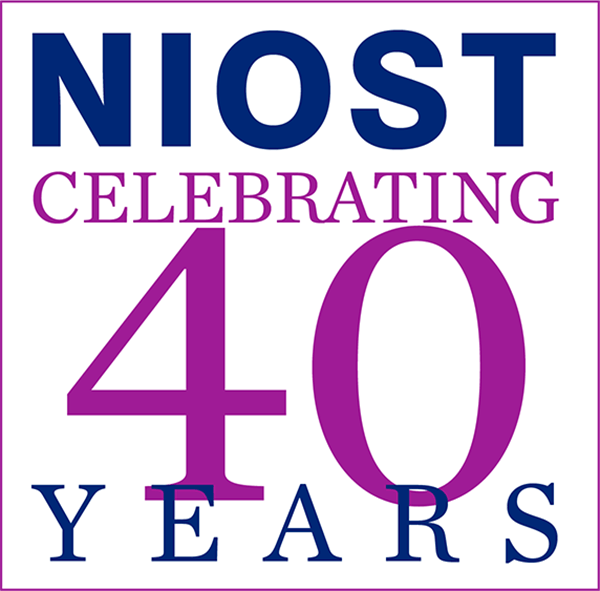3 Steps to Bolster Youth Engagement in Constantly Changing Times
January 18, 2022
 As the pandemic continues, your youth and staff are likely continuing to navigate multiple uncertainties. Today, we invite you to examine three important components of your program that encourage youth engagement and to reflect on whether your current practices could use fine-tuning. These suggestions apply to both in-person and virtual settings.
As the pandemic continues, your youth and staff are likely continuing to navigate multiple uncertainties. Today, we invite you to examine three important components of your program that encourage youth engagement and to reflect on whether your current practices could use fine-tuning. These suggestions apply to both in-person and virtual settings.
1. Welcoming Inclusion Activities
CASEL’s Three Signature Practices for social and emotional learning may already be a part of your program toolbox. The first practice, Welcoming Inclusion Activities, provides a prime opportunity to check in with youth about how they are navigating all the changes and uncertainties in their lives. Remind staff to take the important step of warmly greeting everyone by their preferred name when they arrive. Ensure that your arrival or opening routine includes an opportunity for staff and youth to connect with each other. Reflect on how feeling welcome is an important step in being ready to engage and learn. These may be practices you trained your staff to do at the start of the school year. Now is a great time to revisit and revise things for your current environment.
2. Calming and Focusing Activities for Transitions
Transitions can be challenging for many youth. Think about transitions as an opportunity to re-welcome everyone into your program and into the learning space. Acknowledge that everyone can benefit from periodic calming and refocusing practices or “brain breaks.” The key is choosing the appropriate brain break for the situation and taking that break before fatigue or lack of focus set in. A quick game of Simon Says or Freeze Dance can be great for self-awareness, while I Spy can help youth regain focus.
3. Check In on Relationships
Relationships are considered the heart of quality out-of-school time programs. Even well-established positive relationships may need extra care and attention during this challenging time. If your program is short-staffed due to the pandemic, your staff may feel like they don’t have time for building and sustaining relationships with and among youth. Wherever possible, prioritize the small but important practices that connect staff with youth and youth with each other. Encourage staff to circulate among youth during informal social times such as snack time, chatting with them about their day and interests. Consider whether activities normally done individually could benefit from being done in pairs or small groups, while still following social distance guidelines. Keep an eye out for youth who are not engaging positively with others and take time to check in with them individually.
We recognize that many of these practices may already be a part of your program expectations. The key is to revisit them periodically and see that they are occurring as you would expect. NIOST’s APT-Observation tool* can be used to conduct a comprehensive, unbiased observation by looking for and rating the occurrence of program practices that research shows can positively impact youth outcomes. Optionally, select specific parts of your program that interest you such as arrival, transitions, and informal/social time to focus your observation. Learn more about APT here>>.
*(development of the APT tool is funded by MADESE)



